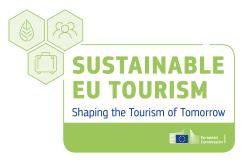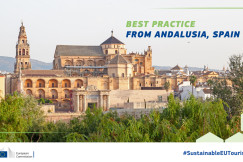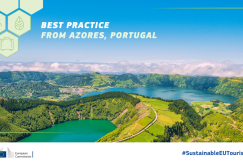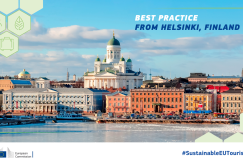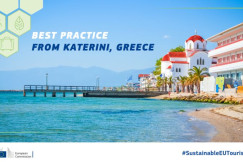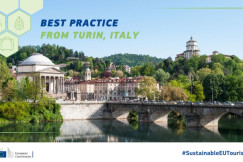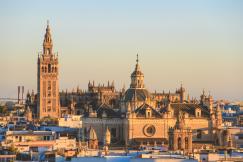Best practices
20 June 2025
Sustainable EU Tourism project - best practice: Barcelona
Best practices
20 June 2025
Coastal, maritime and inland water tourism
Cultural tourism
Gastronomy tourism
+38 more
Login / create an account to be able to react
-
6
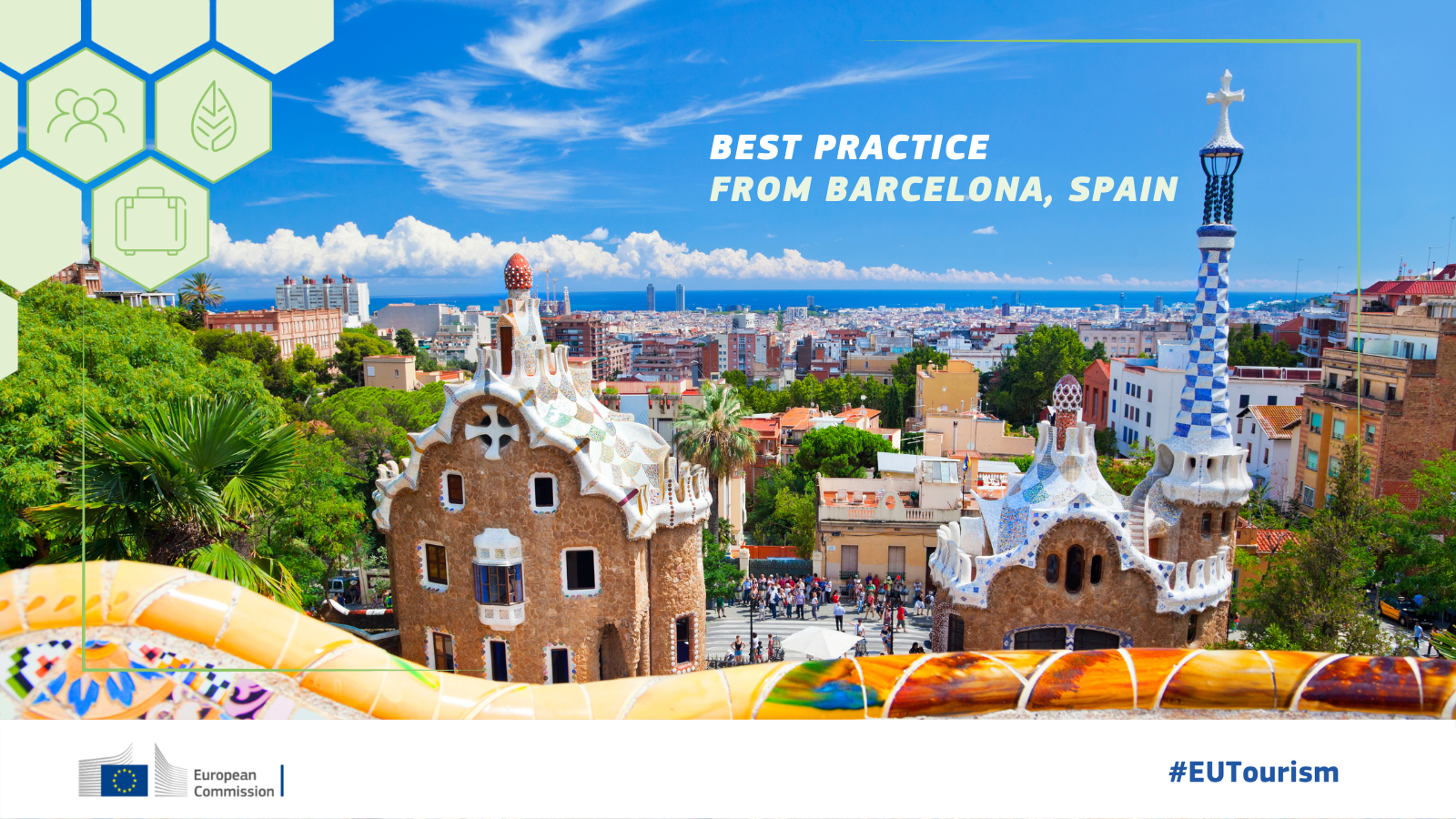
Barcelona, Spain, has implemented a comprehensive and participatory tourism strategy to address the challenges of overtourism, including resident displacement and infrastructure strain. Through regulatory measures, stakeholder engagement, digital innovation, and sustainable planning, the city has improved the balance between the commercial interests of tourism and the well-being of its residents.
Topics
Spain
Destination Management & Marketing Organisations
Local Authorities
-
Specific types of tourism
-
-
Coastal, maritime and inland water tourism
-
Cultural tourism
-
Gastronomy tourism
-
MICE tourism
-
Sports tourism
-
Urban/city tourism
-
-
Transition Pathway Strategic Areas
-
-
Best practices, peer learning and networking
-
Digitalisation of tourism SMEs and destinations
-
Governance of tourism destinations
-
Multimodal travelling
-
Short-term rentals
-
Sustainable mobility
-
Tools for data on tourism
-
Tourism strategies
-
Well-being of residents
-
-
Business activities
-
-
Activities of amusement parks and theme parks
-
Activities of associations and other organisations supporting tourism
-
Air passenger transport
-
Camping grounds, recreational vehicle parks and trailer parks
-
Events catering and other food services
-
Festivals, cultural and entertainment activities
-
Gardens and nature reserves activities
-
Holiday Housing / Apartments and other short stay accommodation
-
Hotel and similar accommodation
-
Mobile beverage services
-
Mobile food services
-
Museums
-
Operation of historical sites
-
Other
-
Other accommodation
-
Other amusement and recreation activities
-
Other food and beverage services
-
Other holiday reservation services
-
Other tourism transportation activities
-
Rail Passenger transport
-
Recreational and sport activities
-
Restaurants, cafes and bars (Food and Beverage serving activities)
-
Road passenger transport
-
Tour operator activities
-
Travel agency activities
-
Water (sea, coastal and inland) passenger transport
-
Share
Barcelona, Spain, has been recognised as a best practice by the Sustainable EU Tourism project for its innovative and inclusive approach to managing urban tourism. Faced with the challenges of overtourism—such as resident displacement and rising living costs—the city began implementing a series of strategic measures in 2015. These include the establishment of the City and Tourism Council, which integrates voices from residents, businesses, and civil society into tourism planning, and the creation of the Barcelona Tourism Observatory, which provides data-driven insights for sustainable decision-making.
To address housing pressures, the city introduced the Special Plan for Tourist Accommodation (PEUAT), which regulates short-term rentals and limits new tourist accommodations. The city also increased the tourist tax to fund essential public services and imposed restrictions on cruise ships and certain tourist activities to reduce congestion. Digital tools like the Check Barcelona and Smou apps help manage visitor flows and mobility in real time.
These efforts have led to increased use of public transport by tourists, higher resident satisfaction, and a shift in the tourism sector’s mindset - from purely economic to socially responsible. The success of Barcelona’s model lies in its strong political leadership, stakeholder cooperation, and commitment to long-term, inclusive planning.
Barcelona’s experience demonstrates the importance of integrating governance, regulation, and community engagement in tourism management. It highlights how cities can preserve quality of life and social equity while maintaining tourism’s economic benefits, serving as a replicable model for sustainable urban tourism across Europe.
For more details on the key challenges the destination has faced, and the solutions implemented to address them, please refer to the attached document.
#Destination management #Sustainable tourism #Community engagement #Innovation in tourism #Sustainable tourism planning #Mobility #Carbon footprint reduction #Public transportation #Responsible travel #Stakeholder engagement #Tourism development
Documents
Comments (0)
Related content
See also
-
14
Sustainable EU Tourism - Key challenges and best practices
- Categories
- Coastal, maritime and inland water tourism Cultural tourism Ecotourism +64 more
-
11
Funding opportunities in Spain
- Categories
- Coastal, maritime and inland water tourism Cultural tourism Ecotourism +64 more
-
16
Complete the Survey on the Tourism Transition Pathway and EU Agenda 2030!
- Categories
- Coastal, maritime and inland water tourism Cultural tourism Ecotourism +64 more


